YouTube & The Future Of Schools
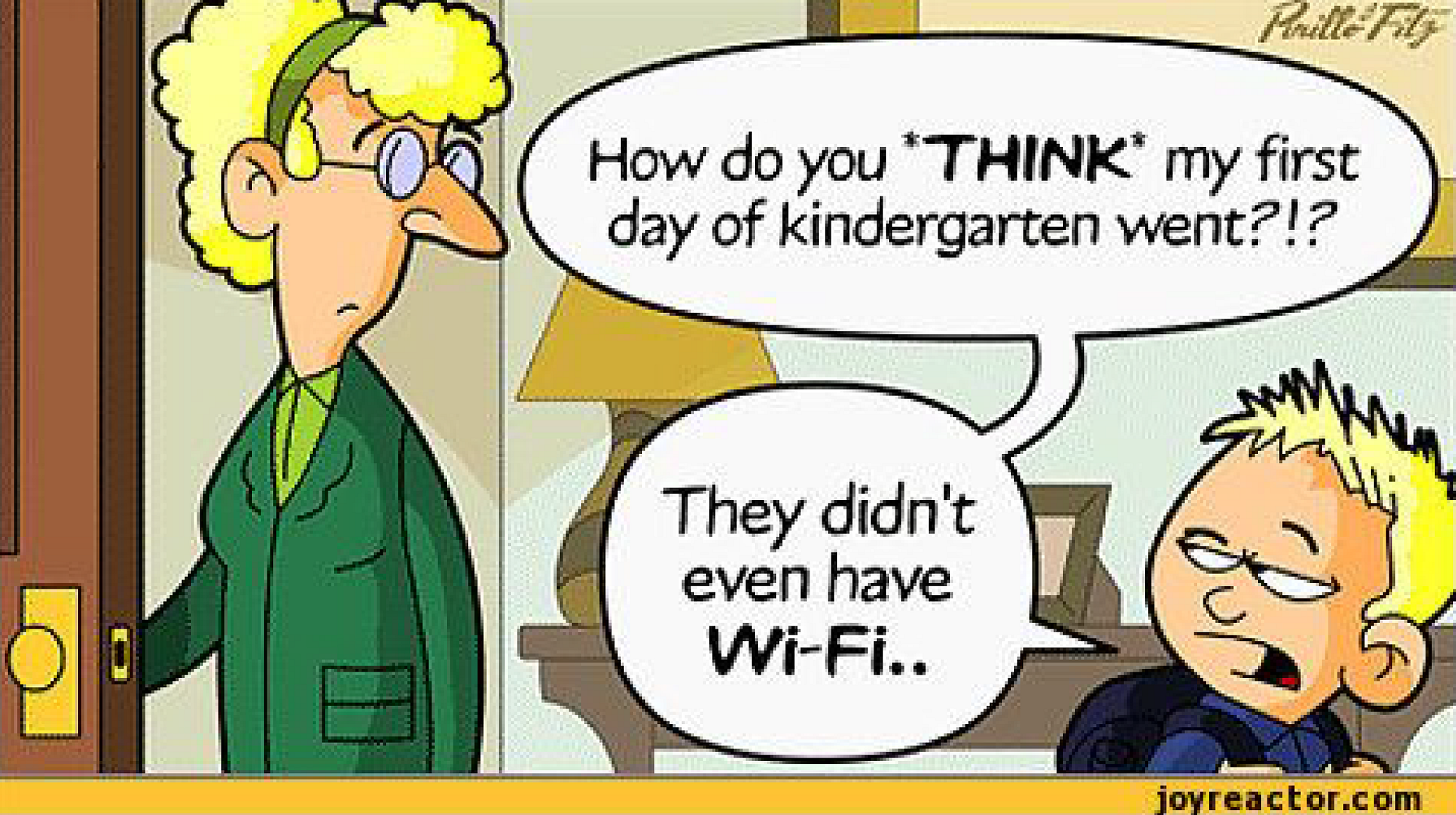
Yesterday, I delivered a session to teachers at Lead, Learn, Lancs 2016. It was fascinating as both an attendee and a speaker with amazing sessions on a whole variety of subjects. My own session was called ‘Why YouTube’s Zoella is the Queen of literacy’. The aim of the session was to talk about what we do at A Tale Unfolds and why we need to listen to young people before we decide what to do in the classroom. By doing so, I argued that we can tackle two big issues that schools need to address.
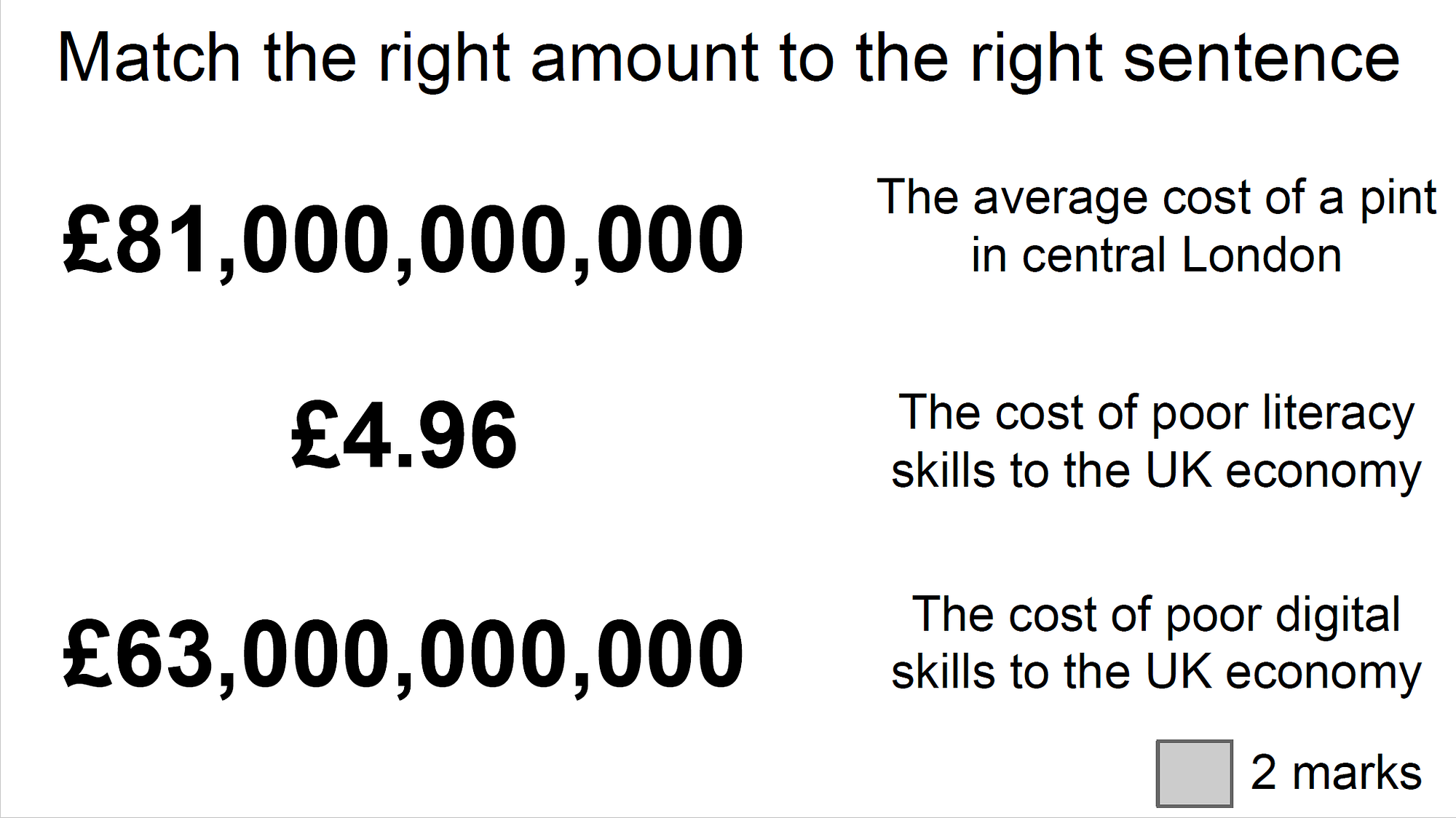
Out of all the talks I’ve done recently, I enjoyed this one the most by far. I think that had something to do with the five questions I asked people to answer on a piece of paper. I don’t normally take this approach but they were questions that had been playing on my mind for a while. I won’t be documenting the exact delivery of the session but hopefully I can sum it up by reflecting on the discussions that happened as a result of these five questions.
- Why did you attend this session?
- What is the ultimate role of a teacher?
- What is the future of books?
- Is YouTube bad for society?
- Should schools pay for content and resources?
1. Why did you attend this session?
Some people, not everyone was a teacher, were looking for inspiration for their classrooms. Some had heard about the work that we do at A Tale Unfolds and wanted to know more. Two commented that, having worked with lots of schools, vlogging is one of the first thing students say they want to do when older. For those who don’t know who Zoella is, she is one of the world’s most popular video bloggers. Another attendee simply answered the question with, ‘YouTube’, and, judging by the average age of the people in the session, this answer said it all. Five of the teenage students who were helping to run the event had decided to come and listen solely based on the title and, for most of them, this was the only session they attended all day.
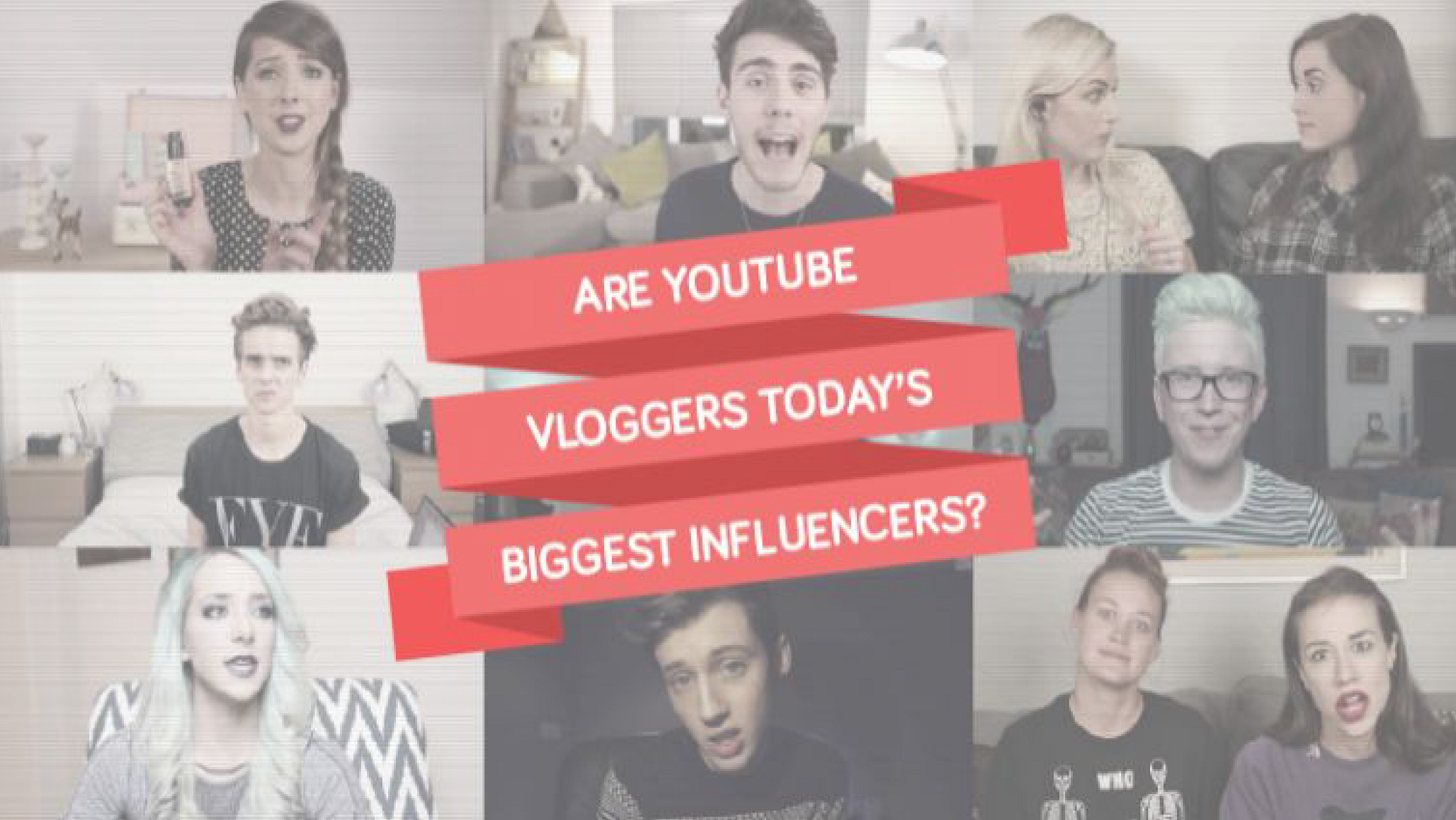
The power of YouTube and Zoella is such that the mere mention of them inspires our young people to sit up and listen. All of the five students who attended named all the vloggers in the picture above by only their first names.It was obvious they saw them almost as friends. If teachers are wondering where the attention of our young people are, it’s here. YouTube, according to some report or other, is now the most popular app for under-fives. Think about that. The ‘YouTube Generation’ is now a standard marketing term to describe the people we teach. Zoella reportedly earns around £10k per day as a result of advertising, endorsements and partnerships with brands like Boots and BooHoo who recognise that she is one of the most powerful marketing channels around. She also recently got into producing books, something that I’ll talk about shortly.
2. What is the ultimate role of a teacher?
I am always curiously about this one as it can be difficult to nail down one answer that trumps them all. ‘Inspire, engage and equip’ was a common thread to all the answers from attendees. My own answer is that we need to make young people into successful adults.
According to Time magazine if I remember rightly, by around 2030, a normal-ish job will be memory augmentation surgeon. That is someone who plants a chip in your brain so you can store more information. Wow. Regardless of whether we think this is a good idea, the point of using this example is to highlight just how little we know about the jobs that kids we teach will eventually do. Having said that, one thing we do know is that the vast majority of jobs in the future will require digital skills.
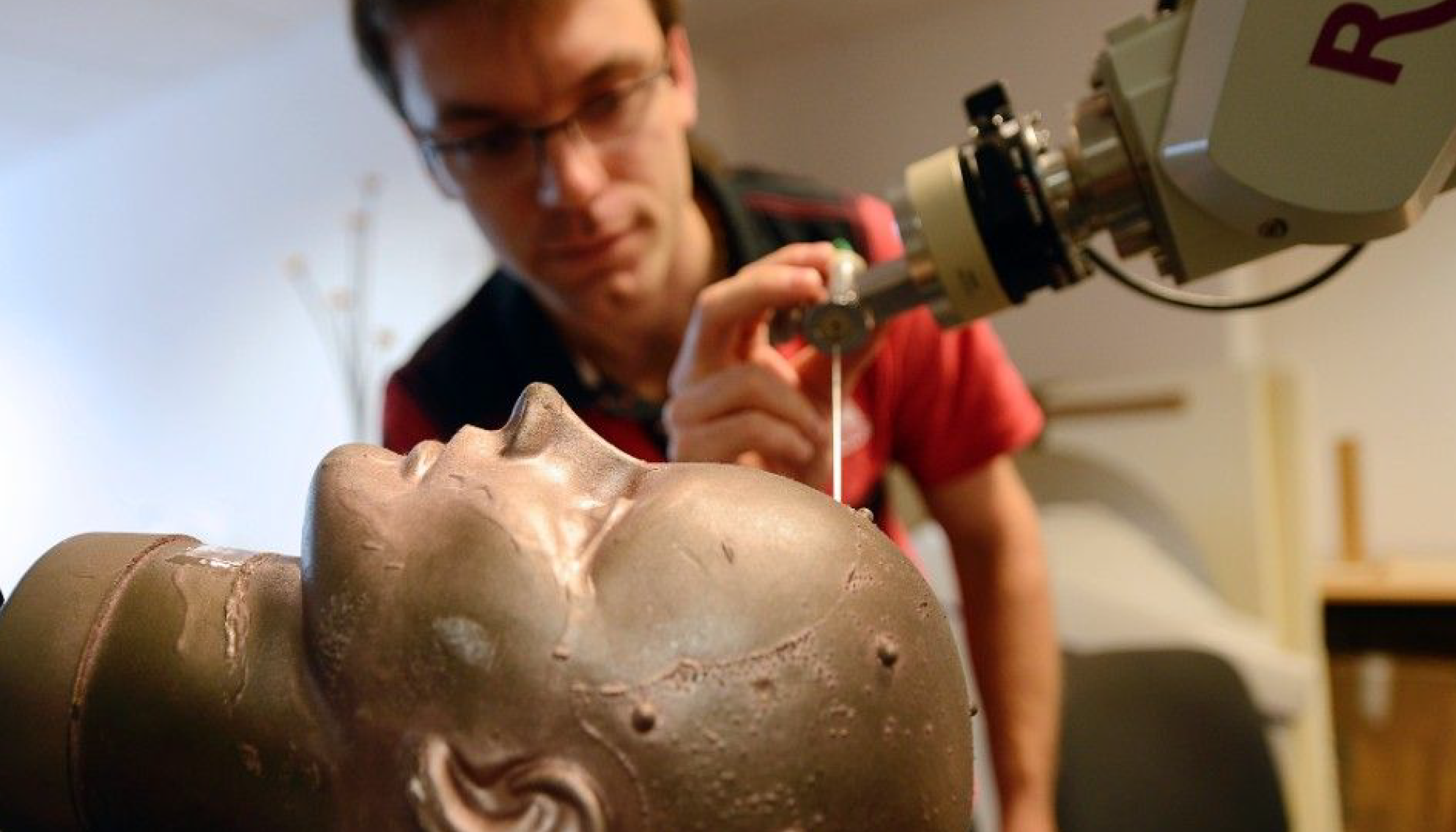
When I left university, I got my first job by selling myself as an expert on Microsoft Word. I told them I could write letters on a computer and they gave me a job. Imagine saying that these days! I work alongside a lot of education start ups and their recent graduates can do basic coding, manage wordpress websites, video edit, carry out simple design jobs and a whole host of other digital skills. These skills are becoming the new version of Microsoft Office skills. If we’re not giving our young people the chance to do those things in the classroom on a regular basis, we’re affecting their chances of being a successful adult.
3. What is the future of books?
With the director of a printing firm and the editor of an online education magazine in the audience, this was a point of discussion that sparked passion.I included this question at the last minute after chatting to a couple of friends before the session, one of whom told us about how she was regularly witnessing very young children trying to touch and manipulate desktop PC screens and actual books like they were tablets. If we remember that YouTube is the most popular app for kids under five now, it’s no surprise. Also, I’ve been researching the ideas of Kevin Kelly, founder of Wired magazine, who talks about the next step of the publishing industry and the emerge of ‘the screen’, one personalised platform that delivers all of our content and digital services.
Whether we like it or not, content is going digital. Printed publishing is declining but my point was that publishing in general is evolving, just as all industries do. That’s no surprise if we ask ourselves if any of us were doing this when we were one year old.
http://www.youtube.com/watch?v=cfsNyg61wZ8
This leads us nicely onto the next question.
4. Is YouTube bad for society?
Most people saw YouTube as generally a good thing for society although there were some who were understandably cautious in their answers. ‘It depends how is influences the viewers’ and ‘Too complicated to write down’ were two interesting responses.
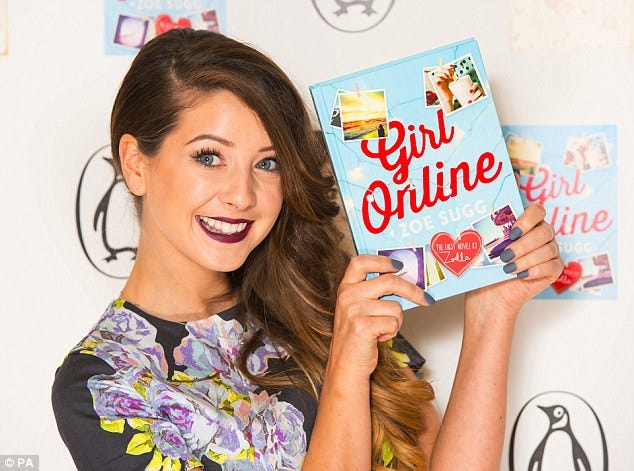 There is understandable concern about the amount of video media that people consume. There is no doubt that excessive consumption of media in any form is a bad thing, especially when it is viewed without being put into context by engaging in intelligent and open discussion. However, it is extremely interesting to note that Zoella’s book, Girl Online, recently smashed the record for the fast selling book by a debut author of all time. And whose record did she smash? That of JK Rowling. Conclusion? It could be argued that Zoella of YouTube has more power to get young people reading than one of the most successful authors ever. The five young YouTube experts in the room hastened to add that books by YouTube vloggers often include writing tasks for the reader to complete. How interesting that they felt compelled to make that point in support of their heroes.
There is understandable concern about the amount of video media that people consume. There is no doubt that excessive consumption of media in any form is a bad thing, especially when it is viewed without being put into context by engaging in intelligent and open discussion. However, it is extremely interesting to note that Zoella’s book, Girl Online, recently smashed the record for the fast selling book by a debut author of all time. And whose record did she smash? That of JK Rowling. Conclusion? It could be argued that Zoella of YouTube has more power to get young people reading than one of the most successful authors ever. The five young YouTube experts in the room hastened to add that books by YouTube vloggers often include writing tasks for the reader to complete. How interesting that they felt compelled to make that point in support of their heroes.
Ultimately, I think the point is that, if we try to stem the tide of technology and popular culture, we are going to lose. There are too many upsides to technology that we all take advantage of to halt its advances so it is up to us, teachers more than most, to make sure that our young people engage with it in a way that enhances their lives and for the positive advancement of society.
5. Should schools pay for content and resources?
Before we address this final question, we should take a quick diversion to deliver the normal conclusion to my session and put this question into context. I started A Tale Unfolds which designs education projects and delivers training workshops for schools. We work on combining traditional literacy skills with digital skills to combat the two issues which I highlighted in the introduction. Poor literacy skills are costing the UK economy £81 billion per year and the lack of digital skills are costing us £63 billion per year. Put bluntly, delivering training and producing content and resources is how we make a living. We’re good at it too. Schools and teachers who use our content tell us that they are seeing huge improvements at up to three times the expected rate.
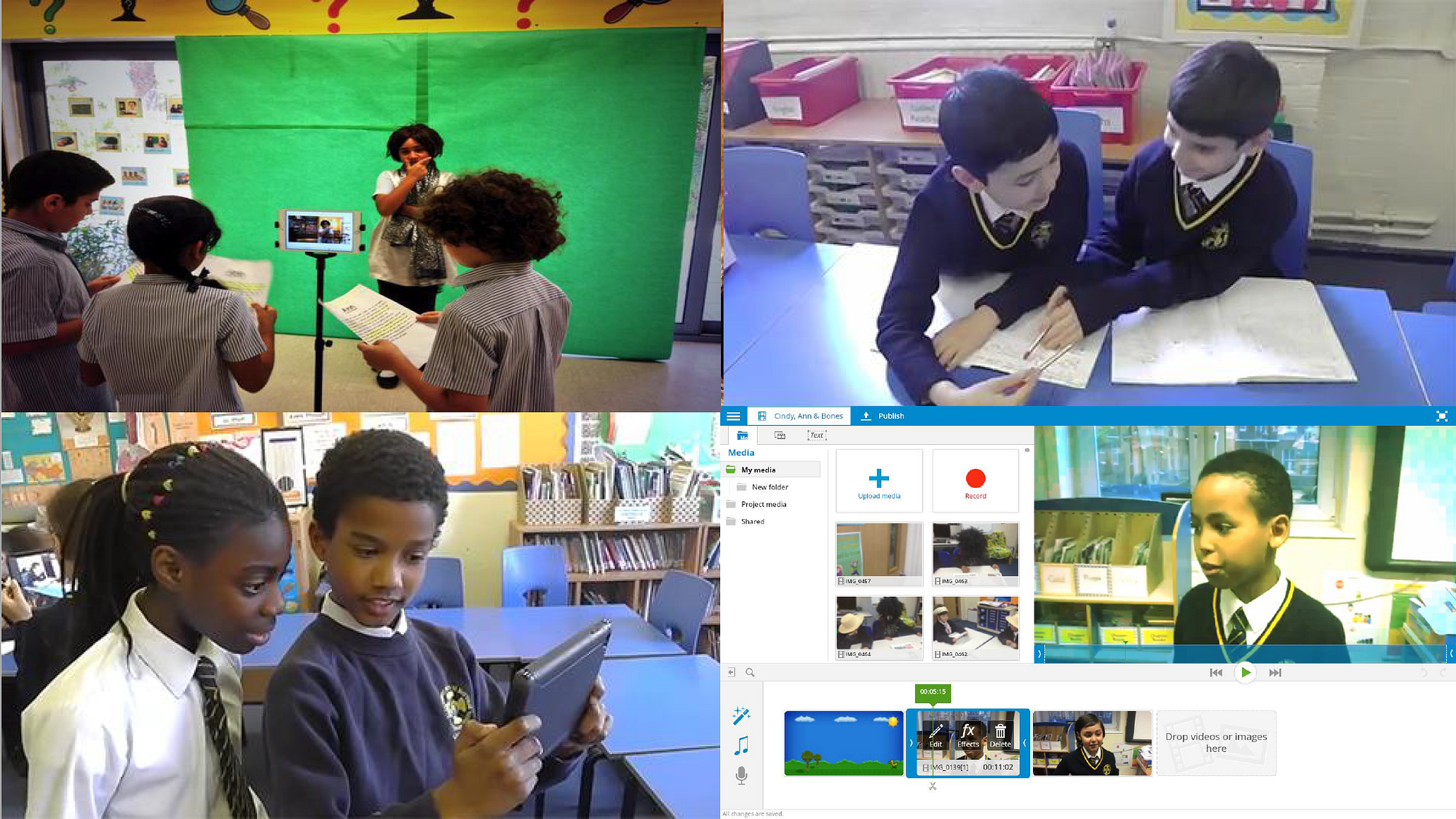
As well as harnessing the power of video, our resources cover 6 different genres of writing and use filmmaking as the way to inspire young people to read, write and produce digital content all of their own creation. It makes them feel like the people they aspire to be: vloggers. It connects their traditional work to their digital lives and makes them feel engaged like never before. The magic of this approach is that it uses one the principles of business from one of the world’s leading thinkers, Seth Godin.
If we want to address the problems of literacy skills and digital skills, Seth has the answer. I mentioned at the start of this that the aim of my session was to talk about why we need to listen to young people before we decide what to do in the classroom. That’s why we do what we do at A Tale Unfolds. Not because we decided that we wanted to impose it on schools and their pupils, but because we listened to the pupils and this is what they told us.
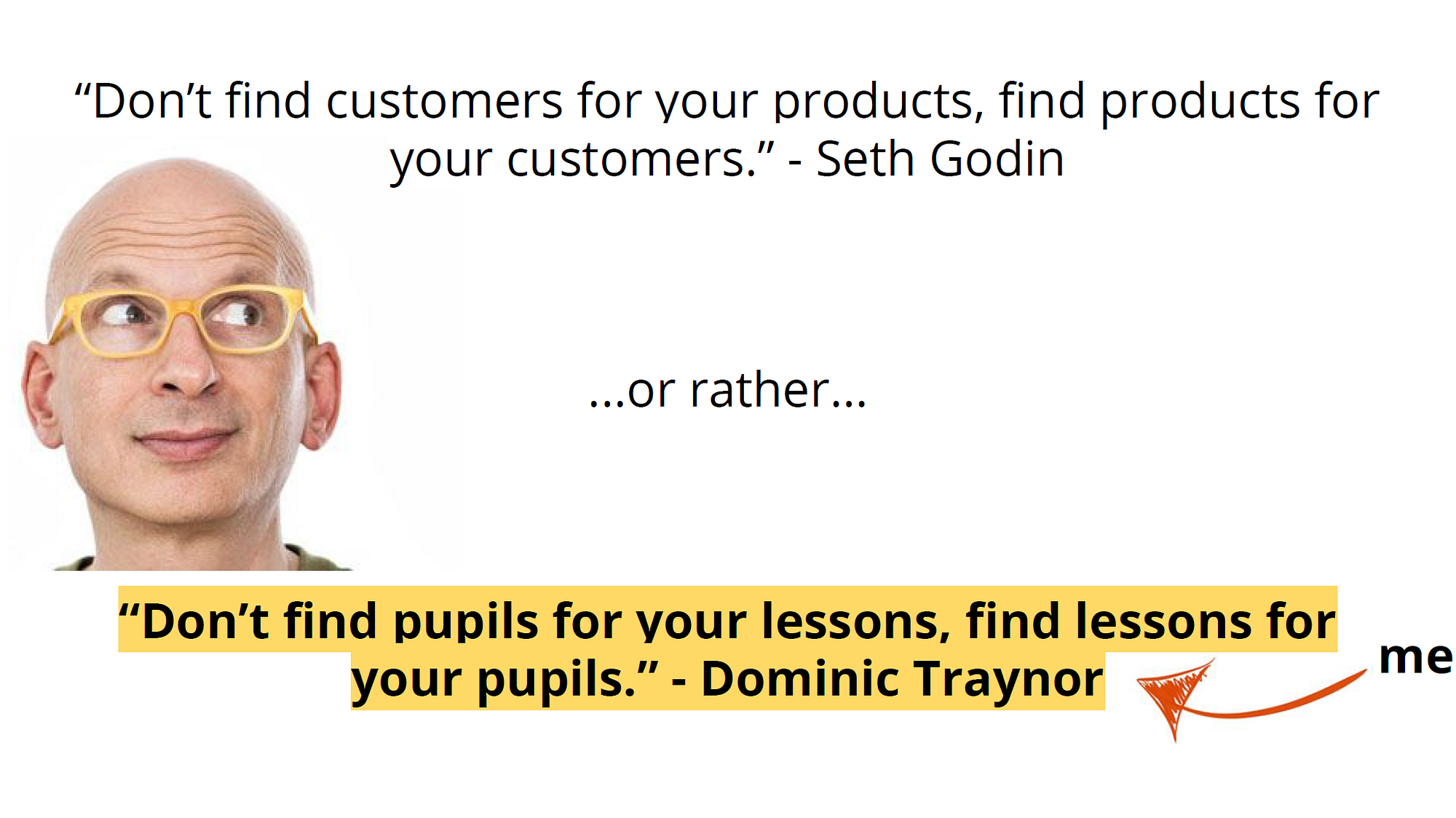
Now to get back to the final question, I decided to include it as it is something that I love to ask teachers, especially as a teacher who now sells content and resources. The overwhelming majority of teachers say that content and resources should ideally be free for schools. Notably, the only person in the room who didn’t agree was a teacher who now, like me, produces education projects as a business. If you think about it, do you buy a printed newspaper regularly? Why are printed newspapers now being called legacy products by many large news corporations? Because, on the whole, we no longer buy newspapers. We expect this media to be free and to help us protect breakables when moving house. There are plenty of other examples of similar industry shifts as society evolves, particularly to do with content.
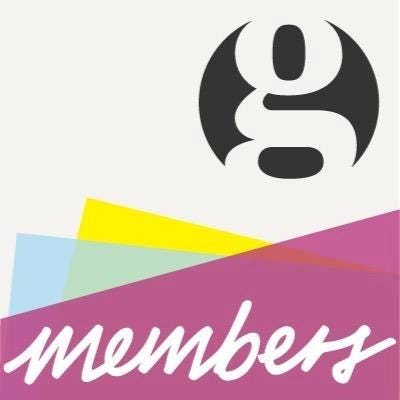 I don’t intend on using this article to tell schools how they should think about this situation. I just thought that the point made by one teacher at my session was profound. They identified that, by insisting on using things for free, schools and teachers are destined to become the ultimate sales force. Tighter school budgets mean ever increasing pressure on what is bought and, the more we expect things for free in schools as we do with media for example, the more only the big corporations who dip their toe into the education world will be able to satisfy that need. The Guardian newspaper launched its membership initiative back in 2014. They say, ‘You matter to us not just for your support, but because we gain from your insight too. Through the conversations we are having with members, we can challenge conventional wisdoms together.’ Only time will tell whether this approach is successful. If it isn’t, then we are at the mercy of what the ‘free’ press tells us. It is interesting to think about how a similar situation might play in the near future in schools if they are continually forced to find thrifty ways to deliver a quality education. Digital billboards in the playground?
I don’t intend on using this article to tell schools how they should think about this situation. I just thought that the point made by one teacher at my session was profound. They identified that, by insisting on using things for free, schools and teachers are destined to become the ultimate sales force. Tighter school budgets mean ever increasing pressure on what is bought and, the more we expect things for free in schools as we do with media for example, the more only the big corporations who dip their toe into the education world will be able to satisfy that need. The Guardian newspaper launched its membership initiative back in 2014. They say, ‘You matter to us not just for your support, but because we gain from your insight too. Through the conversations we are having with members, we can challenge conventional wisdoms together.’ Only time will tell whether this approach is successful. If it isn’t, then we are at the mercy of what the ‘free’ press tells us. It is interesting to think about how a similar situation might play in the near future in schools if they are continually forced to find thrifty ways to deliver a quality education. Digital billboards in the playground?










